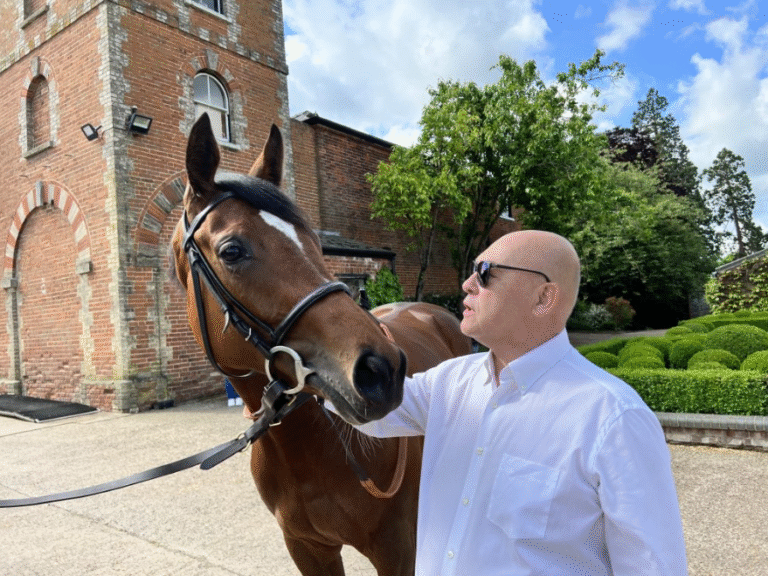Horse Racing and Sustainability: Efforts to Make the Sport Greener
Horse racing stands at a crossroads, facing increasing pressure to adopt sustainable practices. The sport’s environmental footprint raises concerns among stakeholders. In response, many racing organizations are implementing eco-friendly maintenance techniques and innovative breeding programs. These initiatives not only aim to reduce waste but also foster biodiversity. As these efforts unfold, the potential for a greener future in horse racing beckons, prompting a closer examination of the industry’s evolving relationship with sustainability.
Eco-Friendly Track Maintenance Practices
As the demand for sustainable practices grows within the equine industry, the implementation of eco-friendly track maintenance practices has become increasingly vital.
Utilizing organic fertilizers enhances soil health while promoting biodiversity, reducing chemical runoff.
Additionally, innovative water conservation techniques ensure that resources are used responsibly, safeguarding both the environment and the future of horse racing.
Embracing these practices reflects a commitment to sustainability and freedom in the sport.
See also: Horse Racing and Betting: The Best Strategies for Beginners
Sustainable Breeding Programs
The focus on sustainability in horse racing extends beyond track maintenance to encompass breeding programs that prioritize the long-term health of equine populations and the environment.
These programs emphasize genetic diversity and ethical practices, ensuring healthier horses and reducing the risk of hereditary diseases.
Waste Reduction and Recycling Initiatives
A significant shift towards waste reduction and recycling initiatives is transforming the horse racing industry, reflecting a growing awareness of environmental responsibility. Many tracks are implementing composting programs and improved waste management systems to minimize their ecological footprint.
| Initiative | Impact on Sustainability |
|---|---|
| Composting Programs | Diverts organic waste |
| Recycling Efforts | Reduces landfill usage |
| Waste Management Plans | Enhances resource efficiency |
Community Engagement and Education on Sustainability
How can the horse racing industry foster a deeper connection with its community while promoting sustainability?
By organizing community workshops focused on sustainable practices, the industry can educate and empower local stakeholders.
Establishing sustainable partnerships with environmental organizations enhances this initiative, creating a collective effort towards greener operations.
Such engagement not only enriches community ties but also inspires a shared commitment to environmental stewardship in the sport.
Conclusion
In conclusion, the horse racing industry is taking significant strides toward sustainability, embracing practices that not only safeguard the environment but also enhance the sport’s integrity. As the saying goes, “A stitch in time saves nine,” highlighting the importance of proactive measures in ensuring long-term ecological health. By prioritizing eco-friendly track maintenance, sustainable breeding, and community engagement, stakeholders are collectively forging a greener future for horse racing, ensuring its viability and relevance in an increasingly environmentally conscious world.





